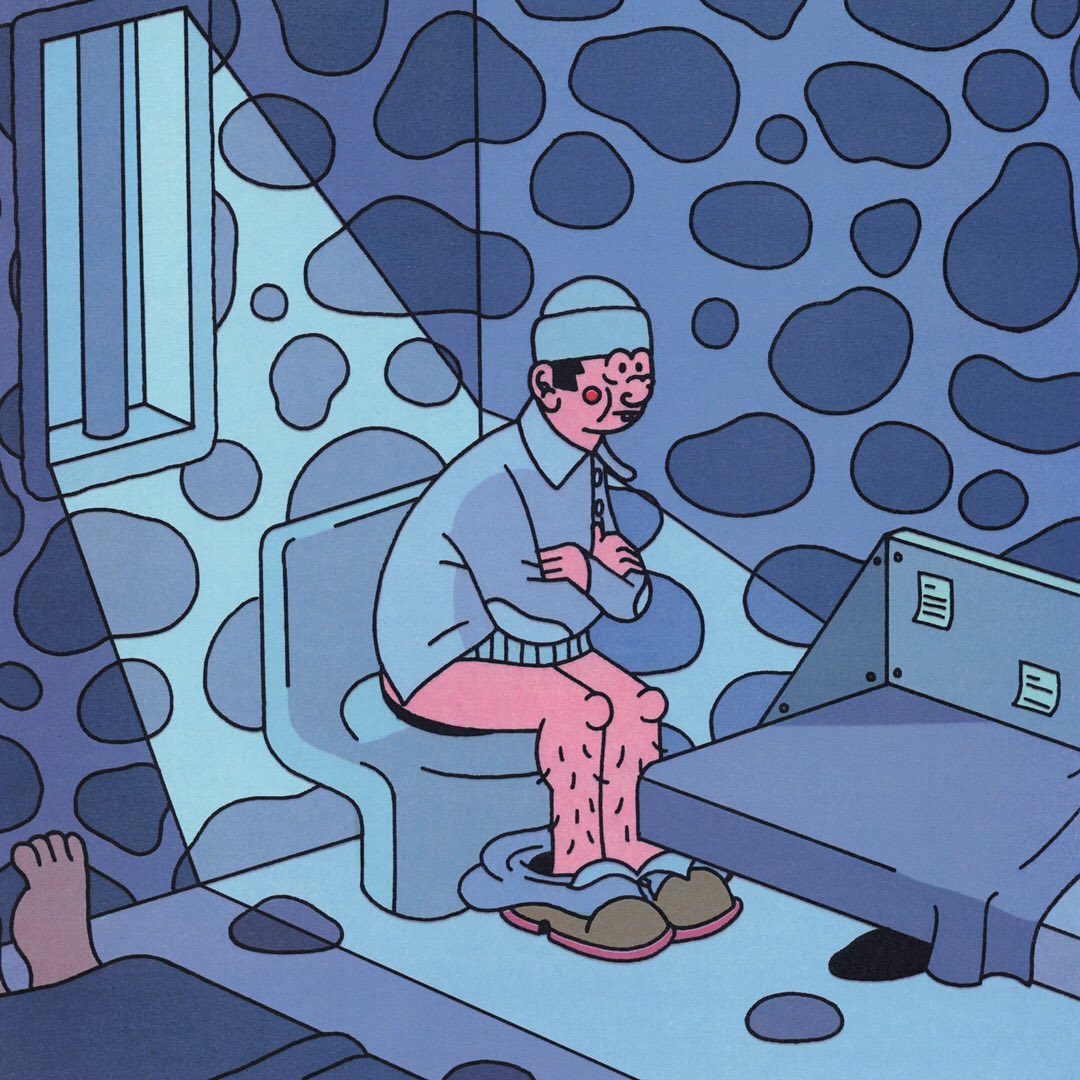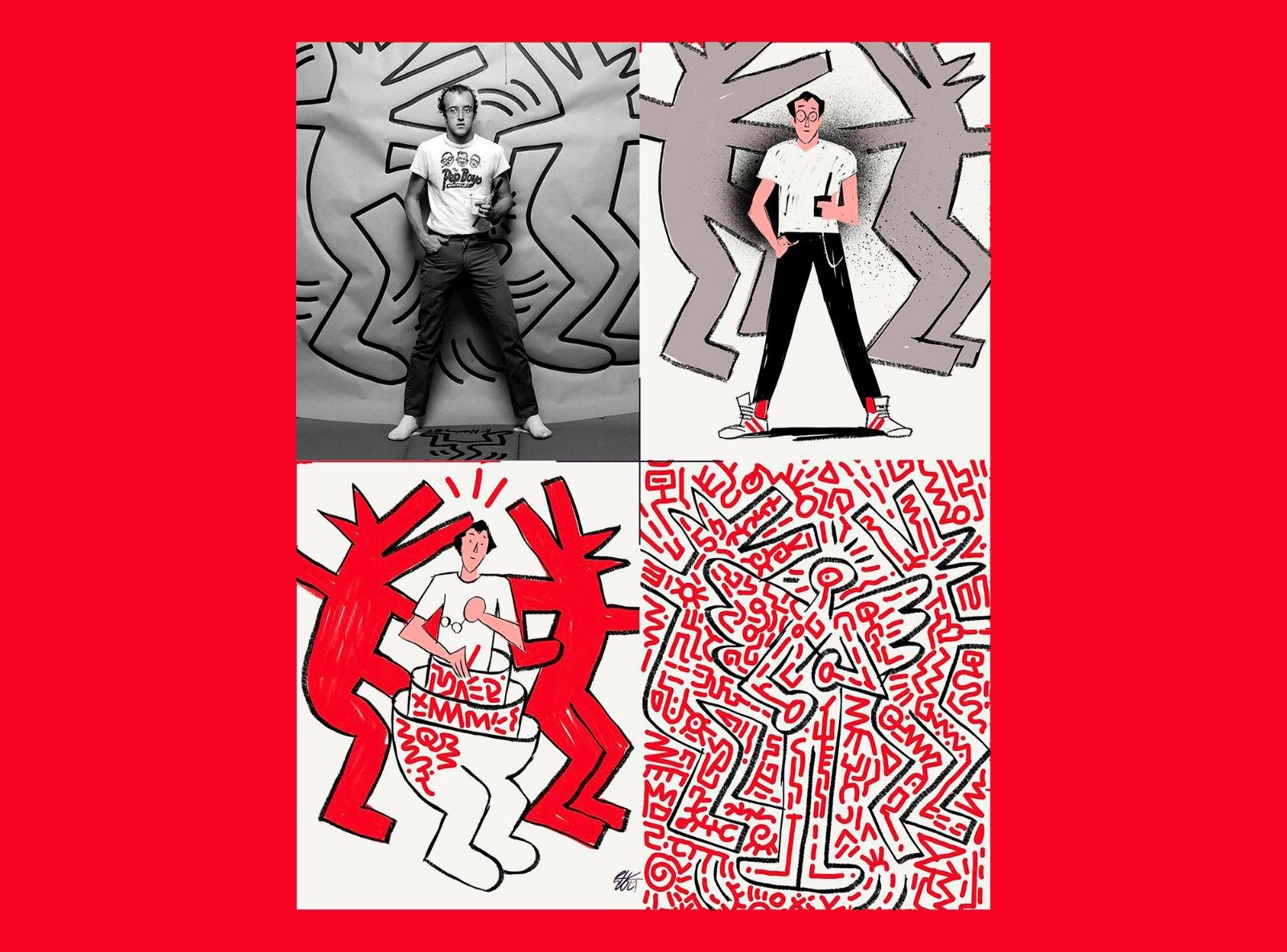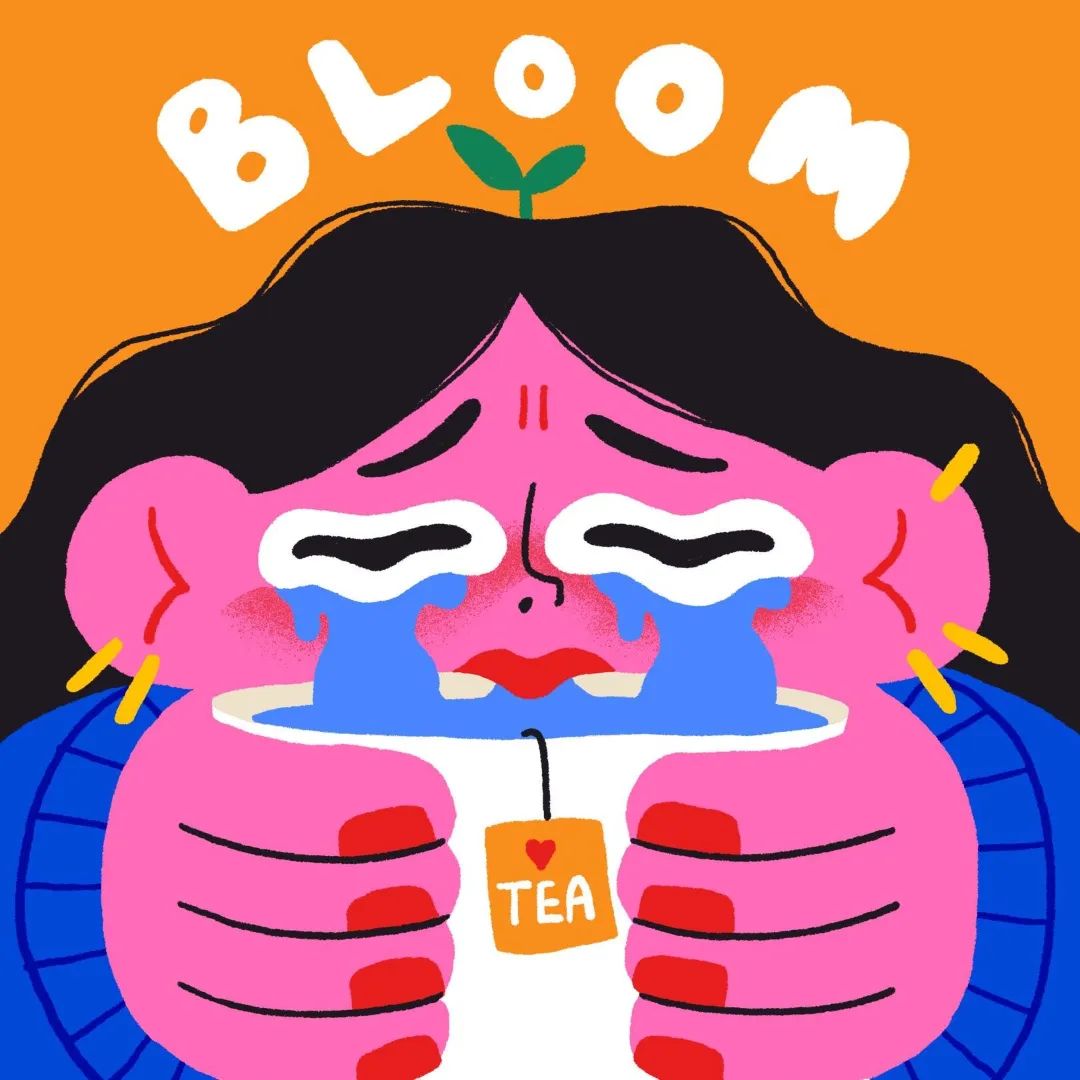These days the city of Ragusa is filling up with artists and street artists on the occasion of FestiWall.
FestiWall, started on September 10th and ending on the 16th, is the international public art festival. A unique project that, for the fourth year, transforms and enriches Ragusa’s cultural heritage. The program includes live performances by international street artists, workshops, meetings, and exhibitions.
One of these will be the exhibition of unpublished photographic works by Alex FaKso.
Born in 1977 in Bassano del Grappa, Alex began his career in the 90s, when he approached writing movement, and, thanks to his shots, he became a direct narrator. Today he lives in London and boasts publications on some of the most important newspapers, such as Rolling Stone, Vice, Xplicit Grafx, Bomber and Il Corriere Della Sera.
We met him and this is what he told us.
You’re one of the most successful contemporary street photographers, what inspired you to come closer to this world?
I’ve always been attracted to the street, I’ve always had to deal with the culture that comes from the street, I started with skateboarding that then brought me closer to graffiti and then photography, a path that was born natural and organic, I never forced myself to be part of any movement or world, I’ve been in it forever, since I was 12/13 years old. Since it became mainstream, it has grown exponentially and everyone I know from the beginning has been part of it and taken their credit.
Your work often intertwines with that of street artists, writers, and urban artists, what fascinates you most about these forms of art?
Let’s point out that I don’t photograph street artists or various artists, maybe sometimes there are portraits, but I don’t represent street art and I don’t think that’s the meaning of my work. The photos I take have a very precise and intrinsic motif, taking photos in train depots and underground tunnels is a choice, I don’t take photos where everyone can take pictures, I look for a world where few go in and few take pictures. I don’t want to tell stories, I’m not a documentary photographer, but with my photography, I want to create a unique and unmistakable aesthetic, I try to be original and do things that are not easy to do or understand.
I started photographing train writers because I wanted to capture fleeting environments and emotions, which would soon be lost, and photography was the only way to fix them, but without forcing the documentary aspect, on the contrary, I tried to create photos with pure aesthetic purpose and photos that give emotions.
For me, the camera, as painting for someone else, is a way to transform emotions and thoughts that I have in mind.
Another recurring subject in your photographs is the metropolis with its everyday life, its stories, and its inhabitants. Is there a shot you are particularly fond of?
No, all the photos have incredible stories behind them and I don’t know how to choose sincerely.
After many years of work, maybe, the old photos give me emotions related to memories in particular, but the photos are many and it is difficult to choose.
For the 4th edition of FestiWall you have created an exhibition of unpublished photographs, can you tell us how you chose them and why?
With this exhibition, I tried to transport the people of Ragusa in a subway tunnel, places that are usually visited only by insiders and are invisible to the rest of the people. I was interested in bringing to a place like Ragusa a world so different from the one that all Ragusani and Sicilians live in.
Through these exhibitions I began to destroy the aesthetics of the images and therefore their visual meaning, photography takes second place: my research, at this time, focuses on transforming photographs into unique works, set in places of various kinds and using waste objects from companies in disuse or old homes, such as doors, various metal elements or whatever.










